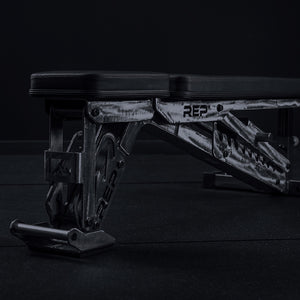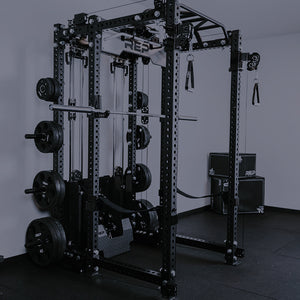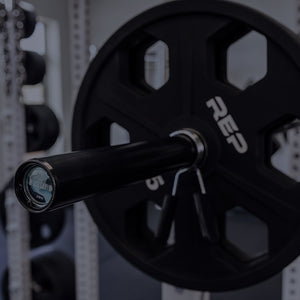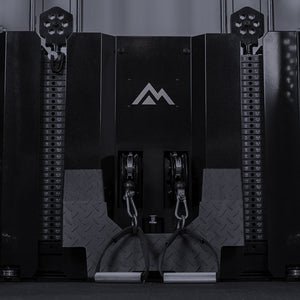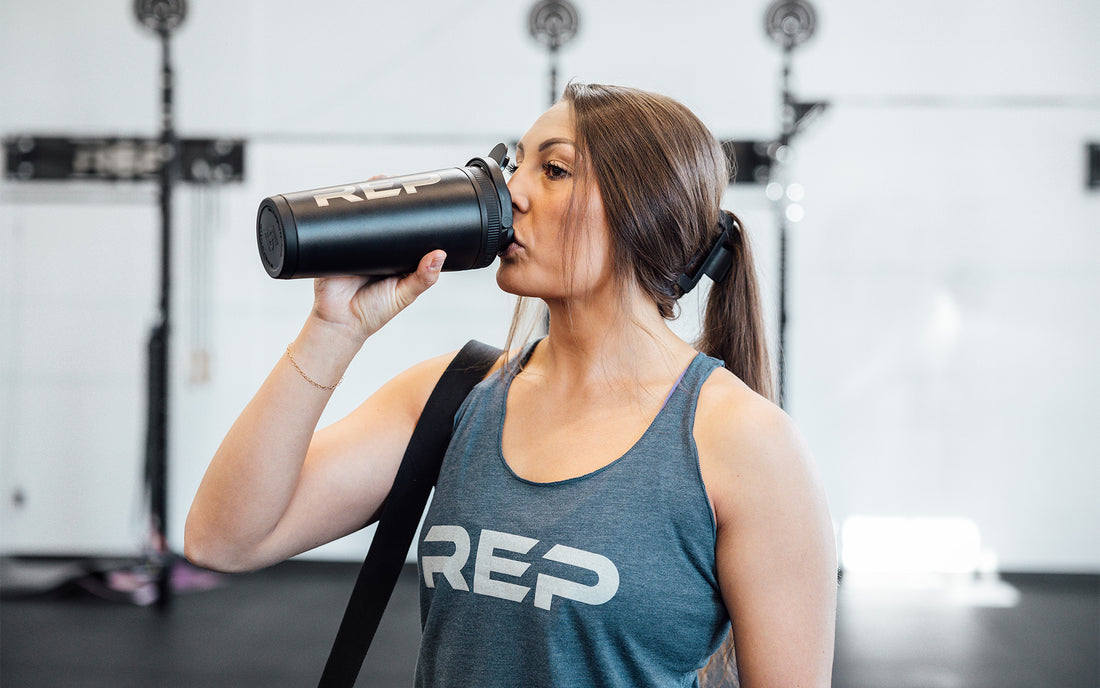
Whether you're a seasoned pro or just kicking off your fitness journey, hydration is your secret weapon for smashing your goals. Staying hydrated can be the game-changer that keeps you from feeling sluggish and helps you hit those PRs.
Let’s dive into some practical, easy-to-follow hydration tips that will keep you performing at your peak.
Importance of Hydration for Athletes

The Role of Water in Athletic Performance
Water isn't just about quenching your thirst. It’s a powerhouse that keeps your muscles working smoothly, your energy levels up, and your endurance strong. Staying hydrated helps you regulate body temperature, lubricate those hardworking joints, and transport essential nutrients to fuel your workouts.
Dehydration Risks
Skipping out on hydration can lead to some serious performance hiccups. Think muscle cramps, fatigue, dizziness, and a noticeable drop in your game. Watch out for signs like dark urine, dry mouth, and infrequent bathroom trips—they’re your body’s way of saying, "Hey, I need more water!"
Pre-Workout Hydration Tips

Hydration Timing
Start your workout on the right foot by hydrating well in advance. Aim to drink about 17-20 ounces of water 2-3 hours before hitting the gym, and then another 8 ounces about 20-30 minutes before you start.
Hydrating Foods
Load up on hydrating foods like cucumbers, watermelons, and oranges. Not only do they taste great, but they're also packed with vitamins and minerals to keep you hydrated and fueled.
Staying Hydrated During Workouts

Fluid Intake Guidelines During Exercise
How much water you need during exercise depends on how hard and long you're working out. For endurance sports, aim for 7-10 ounces of water every 10-20 minutes. For high-intensity workouts, you might need a bit less, but always listen to your body and drink when you're thirsty.
Sports Drinks vs. Water
When should you reach for a sports drink instead of water? If your workout is over an hour or you're sweating buckets in the heat, sports drinks can help replenish those lost electrolytes. For shorter or less intense workouts, water usually does the trick.
Hydrating After a Workout
Rehydrating after your workout is crucial for muscle recovery and repair. It helps restore your fluid levels and replaces the electrolytes you’ve lost.
Rehydration Tips
Aim to drink 16-24 ounces of water for every pound of body weight lost during exercise. Coconut water or specially formulated sports drinks are great options to help you bounce back quickly.
Tools and Products to Keep You Hydrated

The Best Gym Shaker
The REP Ice Shaker is your new best gym buddy. This 26oz. premium shaker is crafted from kitchen-grade stainless steel, so it’s tough enough for everyday use. Its double-wall, vacuum-sealed insulation keeps your hot drinks hot, your cold drinks cold, and prevents exterior condensation. Plus, the patented, noise-free twist on the removable agitator allows for on-the-go mixing without the noise. Whether you're at the gym, on the go, or chilling at home, the Ice Shaker has got you covered.
Technology and Gadgets for Hydration
Stay ahead of your hydration game with smart water bottles that track your fluid intake and hydration apps that remind you to drink. These tech tools can help you stay on top of your hydration needs without missing a beat.
Hydration for Different Sports

Different sports have different hydration needs. Long-distance runners may need more frequent hydration breaks with electrolytes, while team sports players might benefit from scheduled hydration during breaks.
Hydration for Lifting Weights
Lifting weights can make you sweat buckets, especially during intense sessions. Make sure to hydrate consistently throughout your workout. Aim to drink water or an electrolyte beverage every 10-15 minutes, especially if your session lasts over an hour. After lifting, replenish lost fluids to help with muscle recovery and reduce soreness. Drinks with added protein can also support muscle repair.
Bottom Line
Staying properly hydrated is essential for any lifter aiming to perform at their best. By following these hydration tips, you can ensure that your body stays fueled and ready to tackle any challenge.
similar to this
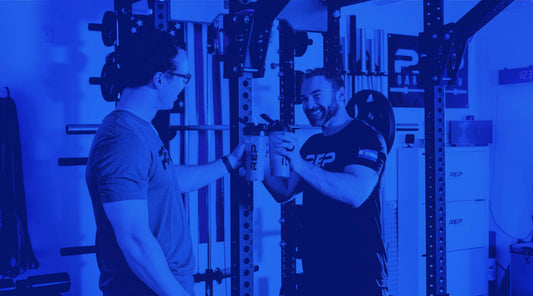
NEWSLETTER SIGNUP
Product launch information, promotions, blogs, and REP news.

